Makeup for All: Inclusive Brands That Offer Shades for Every Skintone
In recent years, the beauty industry has begun to embrace an imperative shift towards inclusivity, recognizing that makeup should cater to everyone, regardless of their skin tone. This acknowledgment of diversity has been long overdue, and brands that prioritize inclusivity in their product lines are setting the standard for what consumers should expect. This article delves into some of the key players in the realm of inclusive makeup, exploring their philosophies, products, and the impact they’ve made on the beauty landscape.
The Importance of Inclusivity in Makeup
Historically, the beauty industry has often sidelined individuals with deeper skin tones. Many brands offered a limited range of shades, primarily catering to lighter skin tones, which not only alienated a large portion of the consumer base but also perpetuated the idea that beauty is monolithic. The need for brands to offer a broader spectrum of shades is about more than just variety; it’s about representation and the empowerment that comes from seeing one’s self reflected in beauty products.
Studies indicate that inclusivity in product offerings can significantly influence consumer loyalty and brand perception. Customers are more likely to support brands that acknowledge and celebrate diversity rather than those that operate under outdated standards. Brands that have made strides towards inclusivity often report not only increased sales but also enhanced community engagement and brand loyalty.
Pioneering Inclusive Brands
Several brands have made headlines for their commitment to inclusive beauty, offering extensive shade ranges that meet the needs of all skin tones. Below are some of the most notable:
1. Fenty Beauty
Launched by global superstar Rihanna in 2017, Fenty Beauty revolutionized the makeup industry with its groundbreaking release of 40 foundation shades at launch. The tagline “Beauty for All” encapsulated the brand’s mission, as it aimed to create products that universally celebrate individuality. Fenty’s success sparked a wave of other brands to expand their shade ranges, setting a new industry standard. Their Pro Filt’r Soft Matte Longwear Foundation has been particularly praised for its buildable formula and inclusivity.
2. Too Faced
Too Faced has taken significant strides to cater to a diverse customer base, particularly with its "Born This Way" foundation line, which includes 35 shades designed to suit a wide variety of skin tones and undertones. The brand emphasizes its commitment to inclusivity by featuring a diverse range of models in its marketing campaigns, reinforcing the idea that beauty comes in all forms.
3. Huda Beauty
Founded by beauty influencer Huda Kattan, Huda Beauty has also embraced the need for inclusivity. The brand offers a comprehensive range of foundation shades, with emphasis on matching various undertones to ensure that everyone can find their perfect match. Huda’s commitment to diversity is further showcased through her choice of models, often highlighting individuals from various ethnic backgrounds.
4. Mented Cosmetics
Mented Cosmetics is a brand designed specifically for women of color. With a focus on providing products that complement deeper skin tones, Mented has made a name for itself by offering lipsticks, foundations, and concealers in shades that specifically cater to underrepresented consumers. Their commitment to inclusivity is encapsulated in their motto: “For Women of Color, By Women of Color.”
5. Patrón Beauty
Patrón Beauty is another emerging brand that emphasizes the importance of inclusivity. Founded by a diverse group of women, the brand offers a wide range of foundation shades and has committed to using models of various ethnic backgrounds in its marketing campaigns, emphasizing that beauty is diverse and inclusive.
The Role of Social Media in Promoting Inclusivity
Social media has played a pivotal role in the call for inclusivity in the beauty industry. Influencers and makeup artists have used platforms like Instagram and TikTok to highlight the shortcomings of traditional beauty brands while celebrating those that are striving for inclusivity. This grassroots advocacy has encouraged brands to listen to their audiences and adapt their products accordingly.
The power of social media also lies in its ability to democratize beauty standards. Consumers can now easily access information about brands that prioritize inclusivity, allowing them to make informed choices about where to spend their money. Beauty influencers, particularly those from diverse backgrounds, have become critical voices in this movement, urging brands to expand their shade offerings and ensure that everyone feels represented.
The Impact of User-Generated Content
User-generated content also amplifies the message of inclusivity. Consumers often share their experiences with different products and how well they match their skin tones, providing valuable insights for others in search of the right products. This organic sharing of information creates a sense of community and empowerment among consumers, reinforcing the idea that everyone can find their perfect makeup match.
Challenges Still Facing the Industry
Despite these strides toward inclusivity, the beauty industry continues to face challenges that inhibit total equality. Many brands still fall short when attempting to offer a truly diverse range of shades. Although some companies have made an effort to broaden their offerings, others continue to stick to a limited palette that caters mainly to lighter skin tones.
Marketing and Representation Issues
Another significant issue is the inconsistent representation in marketing campaigns. While some brands have made an effort to include diverse models in their ads, many still default to using lighter-skinned individuals as the face of the brand. This practice perpetuates the idea that lighter skin is synonymous with beauty, undermining the work of brands striving for genuine inclusivity.
The Path Forward for Inclusive Makeup
As consumers continue to demand inclusivity, the path forward for the beauty industry is increasingly clear. Brands must listen to their audiences, prioritize diversity in their product offerings, and ensure that their marketing efforts reflect the beauty of all skin tones.
Collaboration with Diverse Voices
One way forward is for brands to collaborate with diverse voices in the beauty community. This can include partnering with makeup artists, influencers, and activists who are passionate about inclusivity and representation. Such collaborations not only enhance the brand’s credibility but also foster a sense of community around the shared goal of making beauty accessible to everyone.
Transparent Practices
Transparency is crucial for building consumer trust. Brands should openly communicate their efforts to include diverse shades and the rationale behind their product development processes. Sharing stories of how inclusive beauty products are created can foster a deeper understanding among consumers and inspire loyalty.
Continuous Improvement and Feedback
Finally, brands must commit to continuous improvement. This means actively seeking feedback from their consumer base and using that information to refine their product offerings. Inclusive beauty is an evolving conversation, and brands that prioritize feedback are better equipped to meet the needs of their customers.
Conclusion
As the beauty industry continues to evolve, inclusivity is no longer just a buzzword; it’s becoming an essential part of the conversation. Brands that embrace this movement not only have the potential to broaden their consumer base but also the opportunity to make a meaningful impact in the lives of individuals who have long been overlooked in the beauty narrative. Through the actions of pioneering brands, social media advocacy, and a commitment to change, the narrative around inclusivity in makeup is shifting toward a brighter, more diverse future.
The journey to create a truly inclusive beauty industry will require continued effort and dedication. However, with passionate advocates, innovative brands, and informed consumers, the dream of "makeup for all" is steadily becoming a reality—a world where every individual is empowered to express their unique beauty with products that celebrate their identity.















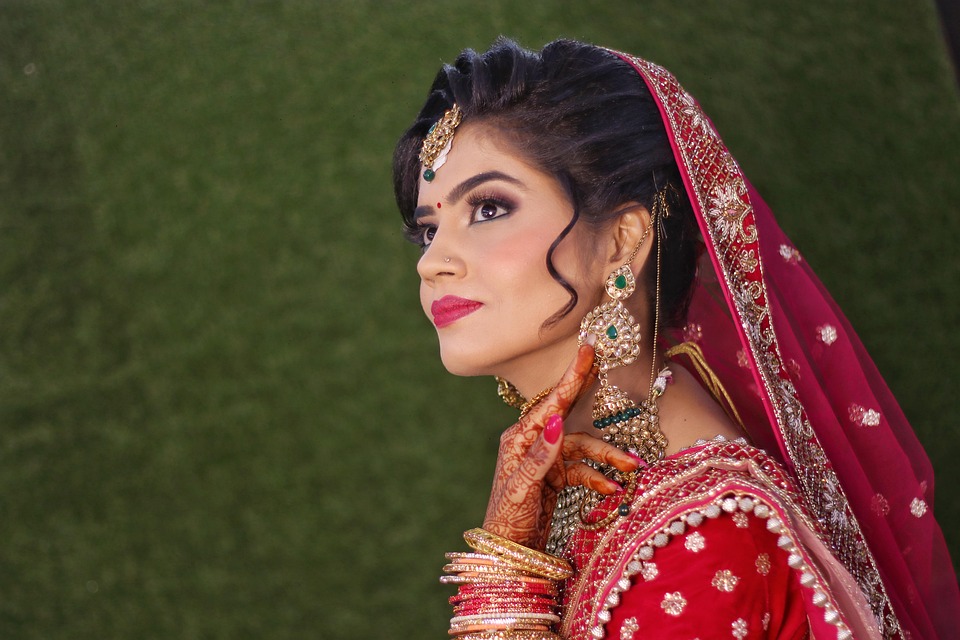
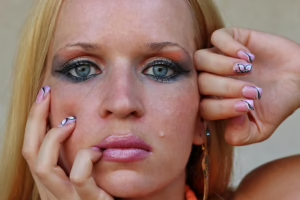
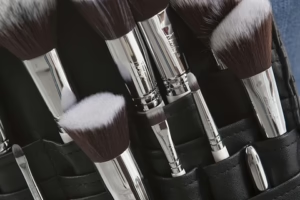
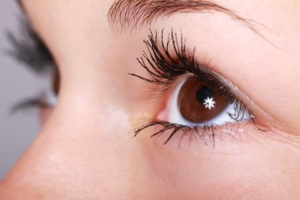
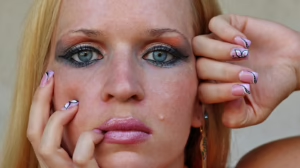

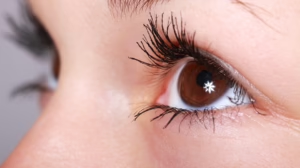




Add Comment